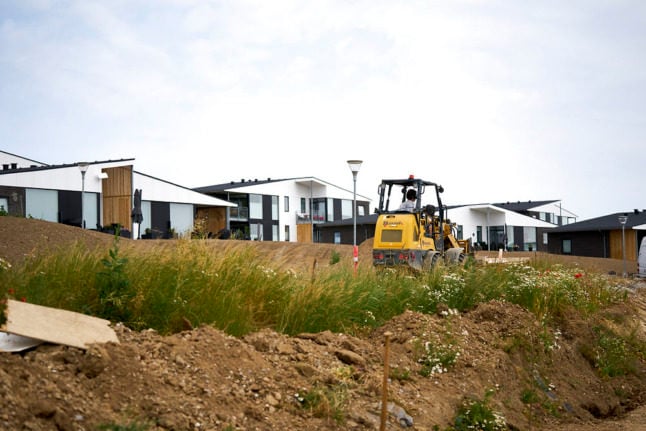A recent slowdown in house prices, which have otherwise sharply increased over the last 18 months, could be enough to prevent government intervention to control the market, according to an expert.
“This certainly relieves concerns that there could be a genuine housing bubble,” Aarhus University economics professor Michael Svarer, a former senior official advisor, told news wire Ritzau.
“There is concern that (house) prices are increasing at such a speed that people are buying for a speculative profit and thereby keeping prices artificially high,” Svarer explained.
“In light of that, the fall in prices reduces the need for regulation,” he added.
The prices of houses and apartments increased by 0.2-0.3 percent between July and August, according to figures from property website Boligsiden.
That is in line with the trend in more recent months, which have seen the market calm following the dramatic effects of the Covid-19 pandemic.
Summer house prices meanwhile fell by 0.2-0.3 percent between July and August, according to the numbers, which take seasonal variation into account.
Summer house prices had not fallen for 16 months prior to the decrease seen in August.
The trends are evidence of changes to spending habits caused by the pandemic, pushing the housing market upwards, Svarer said.
“People have simply prioritised housing higher in their private spending. There are now signs of more inclination to spend money on travel,” he said.
Denmark’s housing market should continue to be monitored to see whether the current trend holds, the economist noted.
But the government would need to make any decision on intervention in the relatively near future.
The government has three months to respond to advisories to tighten regulation issued by its risk assessment council on June 22nd, Svarer said.
But the calm market over the summer gives an “extra argument” to the government should it be reticent to step in, he added.
READ ALSO: Is the heat starting to come out of the Danish housing market?



 Please whitelist us to continue reading.
Please whitelist us to continue reading.
Member comments